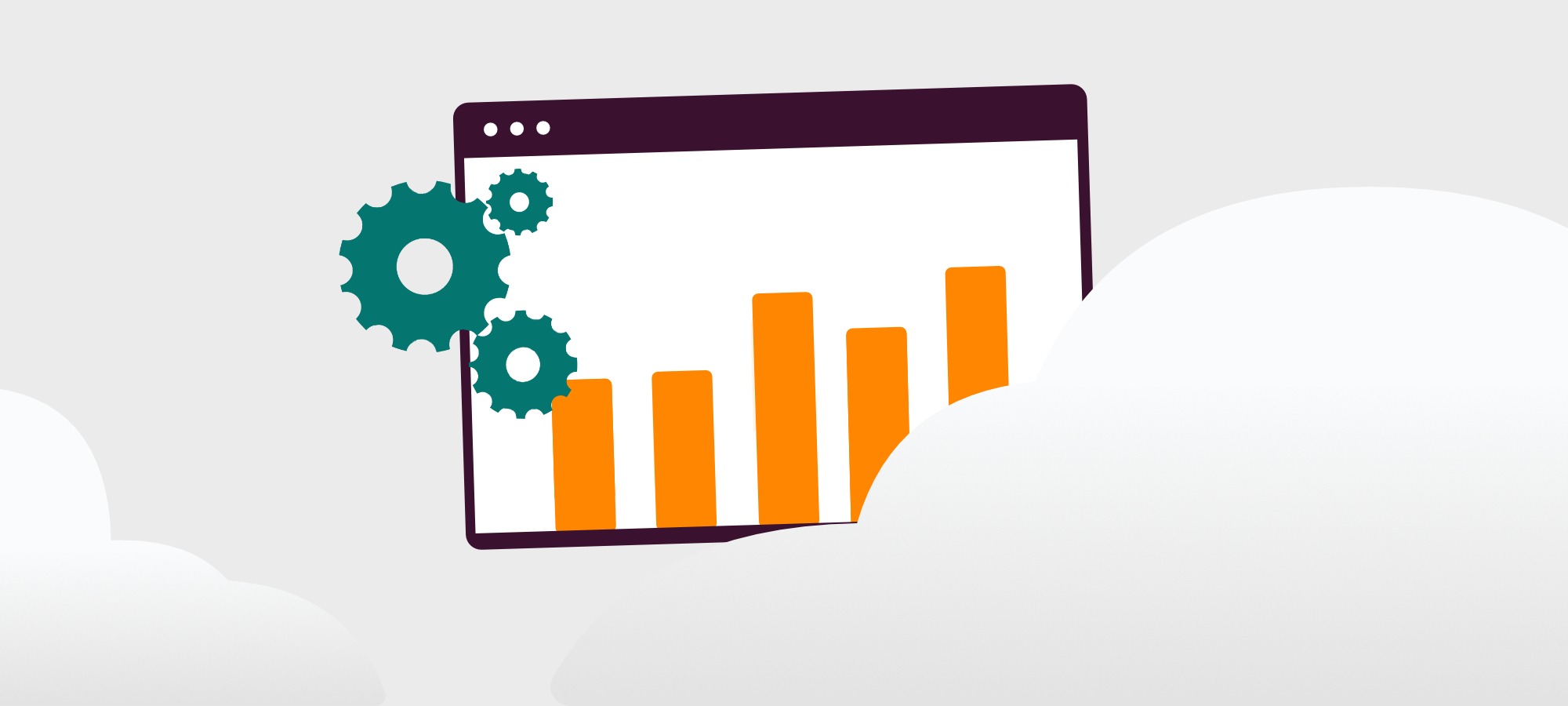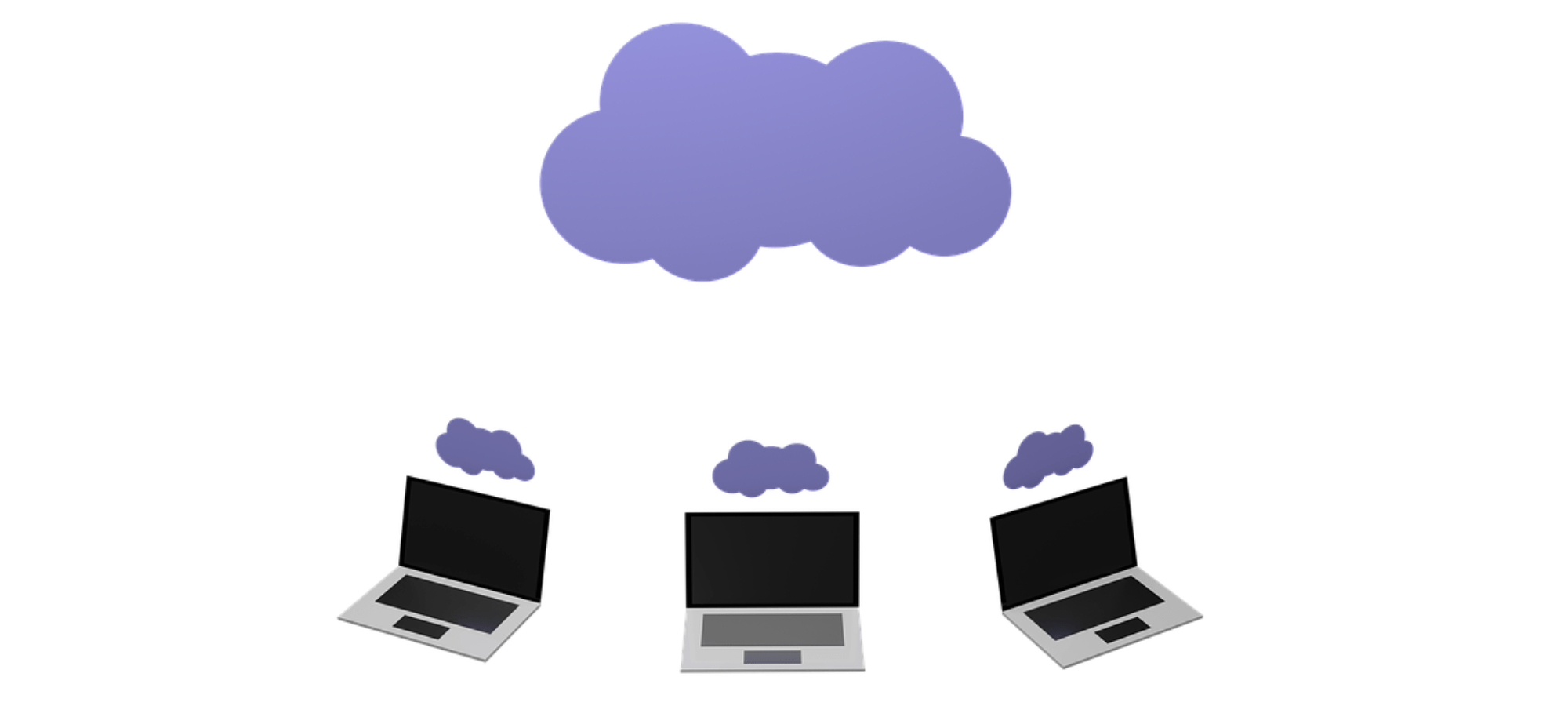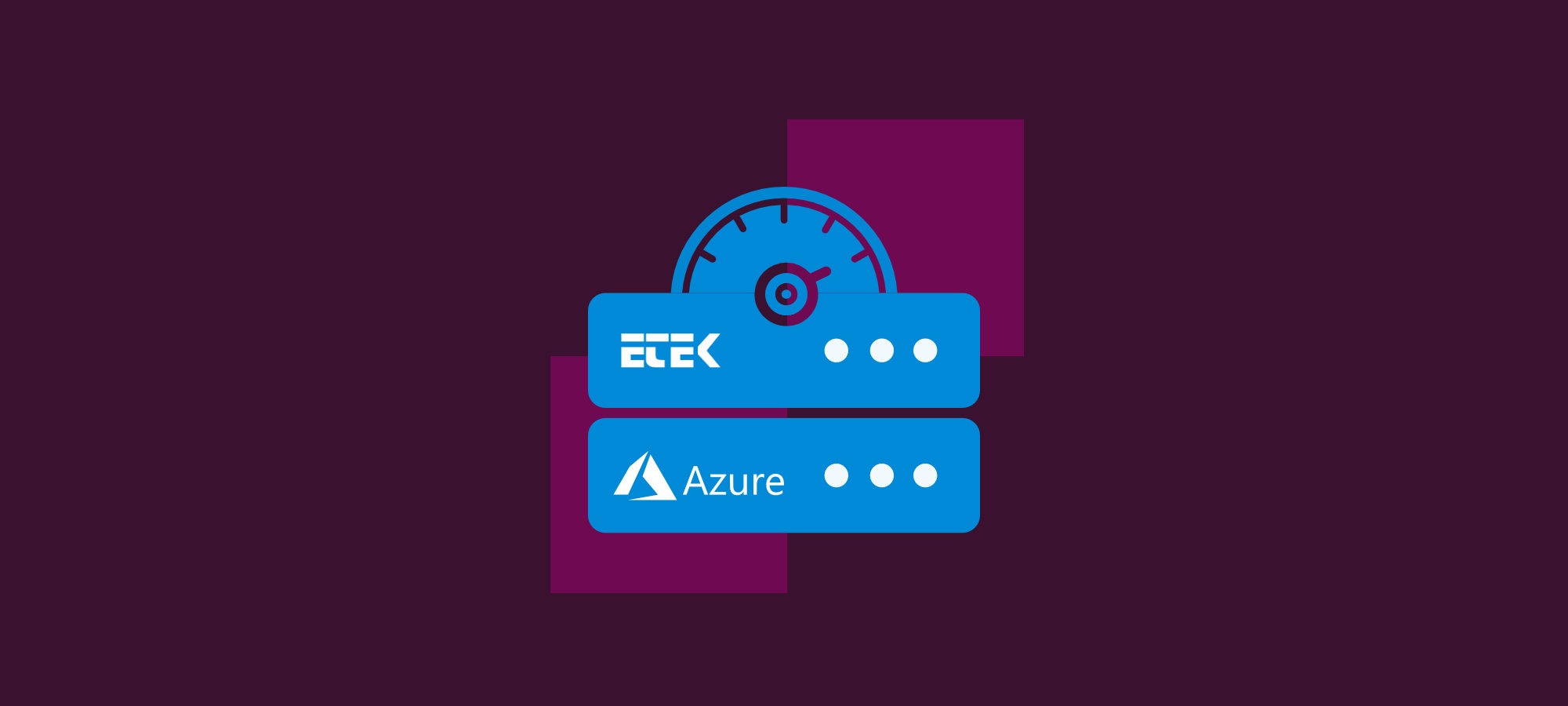The managed IT services are taking the world by storm. The healthcare sector that is already distressed with the ongoing covid-19 complications is seeking the best help of the managed services. Is it only for a short duration of a global pandemic? No, that’s not the case, as the healthcare organizations use them to offer the best services to all needy persons. A quick glance at the facts reveals that:
- The global IT business had reached the 4.2 trillion US dollars mark in 2021 only. (Source)
- The year 2020 has seen more than 2.27 billion e-prescriptions in the United States of America. (Source)
- In the year 2020, more than 80% of the clinical physicians were using electronic health records in Europe. (Source)
- More than 92% of the clinical physicians in the United States are using electronic health records in 2018. (Source)
Needless to say, IT services have been trending in the crucial healthcare segment for a while. But how are these managed service providers changing the face of the current healthcare organizations? Let’s have a quick look.
How managed IT services are improving the healthcare industry?
It is all about the best services at affordable pricing. While there are numerous cases of the success of IT services in the healthcare sector, the core of all these cases remains the same. The best examples include using the dedicated enterprise software and solutions for the healthcare businesses, overcoming the challenges of data management in healthcare using unlimited cloud computing, etc. Thus, the crucial ways in which IT managed services are using to uplift the healthcare industry are:
1. Managing healthcare compliances
The legal obligations and the local area healthcare rules and regulations require the best compliances. The HIPAA compliance make a long list of the regulations that ensure the storage of the protected health information (PHI) under certain conditions. As a result, the cloud managed services offer the best secure data storage to many healthcare providers.
2. Improving patient care
Effective patient care is impossible with outdated systems and data handling. For example, a physician may need quick access to the patient’s history even when working remotely. It can be ensured by storing the healthcare provider’s data on cloud technology that offers quick and secured access. Thus, the collaboration of the managed IT services with skilled healthcare professionals is crucial to offer the best patient care.
3. Ensuring workforce mobility
The ability to save all PHI data on mobile devices enables remote working but comes with numerous chances of data security. Thus, while allowing remote work for healthcare data, ensuring the best workforce mobility requires access, incident management, and data retrieval is crucial. Thus, the managed services are not only shifting healthcare to mobility but are ensuring a streamlined workforce process.
4. Building a scalable healthcare infrastructure
Technology should never create a hindrance to the scalability of the healthcare infrastructure. Further, the dynamic nature of healthcare data and professional services makes it essential to go for managed IT services that are not only scalable but highly responsive to the changes. Thus, the cloud-hosted infrastructure with software-defined applications is necessary for creating a scalable healthcare infrastructure.
5. Control the IT costs
Costs and time should never create a barrier for the sensitive healthcare organization. While many general physicians resist using the EHR due to increased IT costs, many big hospitals find it difficult to change their streamlined process. The need of the hour is to own affordable IT services without compromising the quality to facilitate the much-needed cost savings. Further, these services are doing their best to regain the lost control over the costs. These not only ensure reasonable one-time costs but manage the operational costs also.

FREE RESOURCE
How Next-Generation Managed Services Drive Transformational Growth With Site Reliability Engineering
Wrapping Up
The healthcare industry can bridge the gap between the expected and the provided by using the managed IT services. It will not be wrong to conclude here that these services are taking the best care of the significant points of healthcare- compliances, quality patient care, mobility, scalability, and, most importantly, affordability. Moreover, the introduction of multiple players offering managed IT services to healthcare has further eliminated the possibility of the on-sided economy working wonders for the healthcare sector.
Recommended Reads:





















